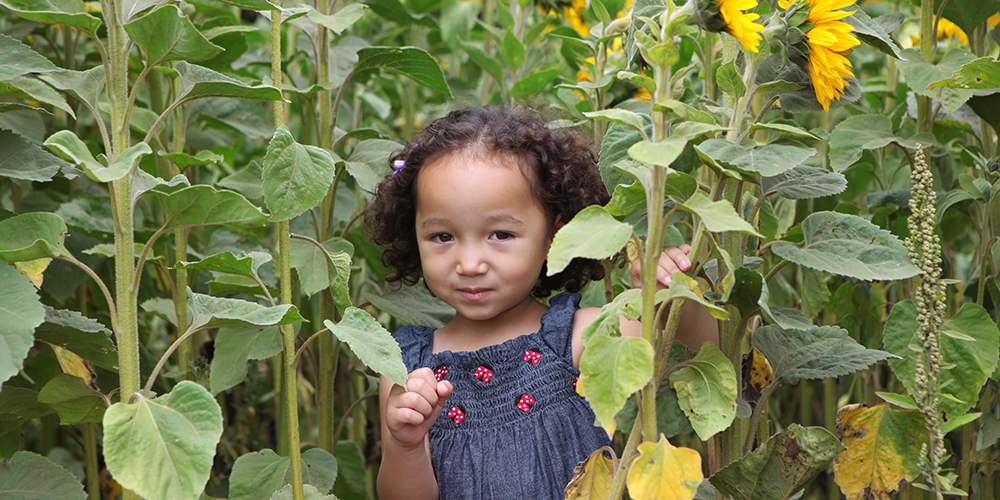So you have decided you’d like to be a foster parent in California. Congratulations! Deciding that you want to help a child or children in need is the first step in the process. It’s the least involved (paperwork-wise) step, but that doesn’t mean it is any less emotionally raught. Now, onto the real work of the procedure.
You will need to figure out if you want to work with an agency or if you want to work directly with the state. The process afterword is very much the same, and there are pros and cons to either option. An agency offers you further legal protection and adds a layer of buffer between the state and your home. There is often more support built into an agency than the local Department of Children and Family Services, but that is not always the case. An agency means an extra caseworker and extra accountability. There is no right or wrong answer, and you will have to decide for yourself which is the better path. Some counties may require an agency which removes the choice entirely. You can find the information to help you by contacting the Foster Caregiver Policy and Support: Unit 744 P Street, MS 8-13-78, Sacramento, CA 95814 (916) 651-7465.
Once you have figured that part out, you will need to attend an orientation. The orientation helps inform you of policy and procedures and is your first introduction to the intricacies of foster care. You can ask questions, get more information, and receive your application to formally begin the necessary actions.
The next step after turning in your application (which is not unlike a job application but more detailed in some areas) will be a federal and state background check. You’ll be sent to get FBI fingerprinting, and your information will be sent for review.
Following your background check will be the Pre-Approval training. These training will give you the information to really decide if foster parenting is right for you. There will be intensive sessions with real-life scenarios on what to expect. Many families opt to not continue after this portion, and that is quite alright. There is no failure in recognizing when something is not a good fit for you and your family. However, if you make it through the training, a social worker will visit your home for the Home Environment Assessment to make sure your home is a safe environment for children. This will probably feel invasive. They will check to make sure your home is sanitary and safe. You will have been given a checklist to mark off before the worker comes; so as long as you are prepared, this part should be easy.
Next up is a psycho-social assessment that will tell if you are ready to be a resource to kids in need. Again this may feel invasive, but the idea is to make sure the children are going to a safer, more healthy environment than they are being removed from.
If all of the above comes up okay then you will be approved and will be able to start fostering! Good luck!




